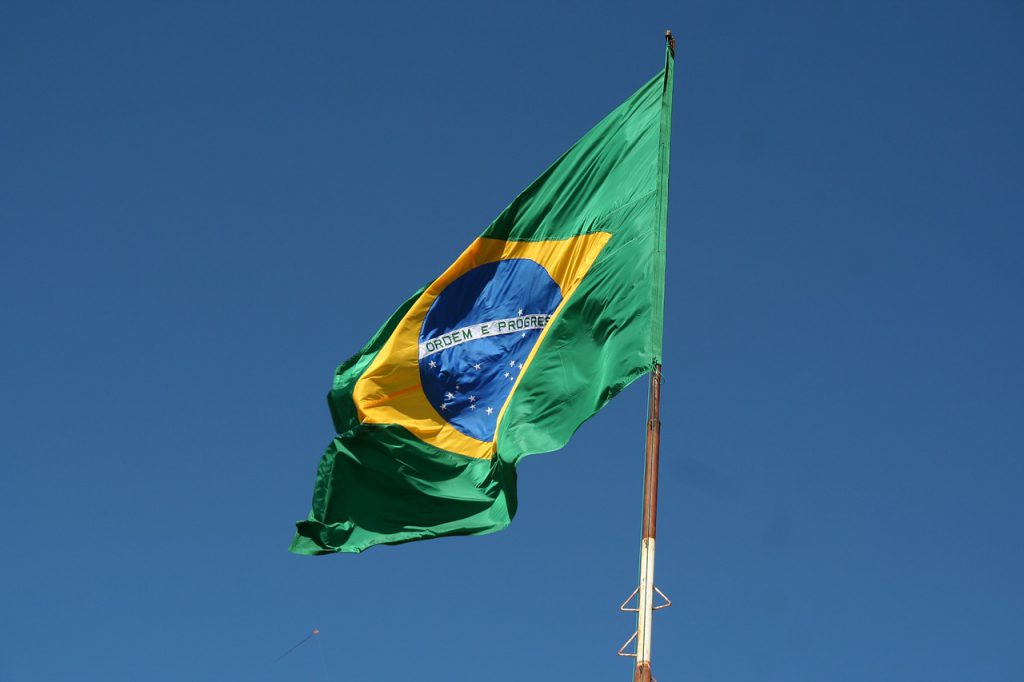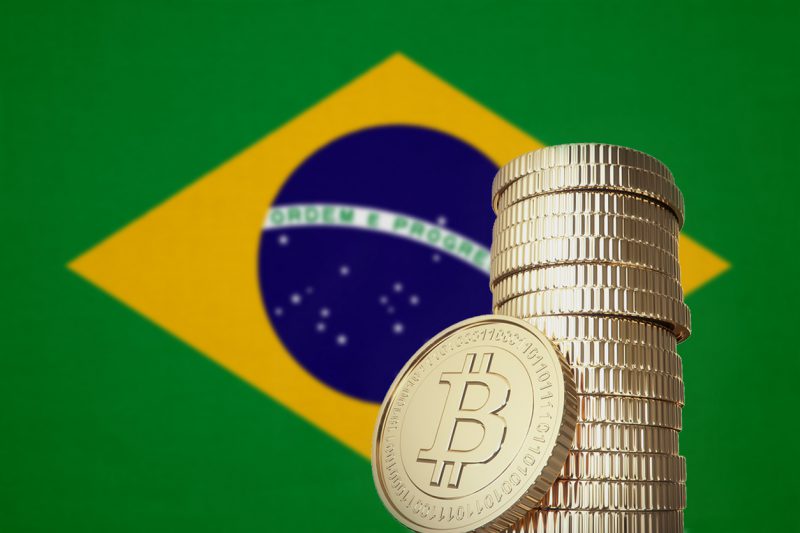Brazil’s Central Bank is set to introduce stricter crypto regulation amid the country’s notably increased adoption. Indeed, the bank’s governor, Roberto Campos Neto, delivered a speech on Wednesday, signaling tighter rules for the industry in the near future.
Specifically, Neto spoke at a congressional hearing regarding finance and taxation. There, he said that digital asset firms require increased supervision. Subsequently, alongside increased use, he expressed the need for greater observation of the industry as a whole.


Also Read: Crypto May Become Part of Personal Savings Category in Brazil
Brazil Set to Increase Crypto Regulation
Over the course of the year, the digital asset industry has seen the question of regulation abound. Moreover, countries across the globe have continued to explore how to regulate the industry. Now, one country has expressed its desire to increase that supervision.
Specifically, Brazil’s Central Bank is set to introduce tighter crypto regulation. Indeed, the bank’s governor, Roberto Campos Neto, discussed the need for tighter rules. He spoke about the growth of the industry and the need for firms to be supervised more closely in the near future.


Also Read: Brazil’s President Calls to End US Dollar Trade Dominance
Additionally, digital assets have become more popular in the country. Specifically, it is growing by a remarkable 44%. Subsequently, as the inflation rate has risen, digital assets have become a notable reprieve for citizens. Moreover, stablecoins have seen a surge in usage. As noted by Neto in his speech. However, he also took aim at the criminal activity that could come with the financial state of the country.
“We understand that a lot is connected to tax evasion or linked to illicit activities,” Neta stated. Subsequently, he noted that the Central Bank is combating these activities through increased regulation. Conversely, in June of this year, Brazil introduced a decree allowing the Central Bank authority over digital asset providers. Therefore, it will play a crucial role in the country’s formulation or regulation.





